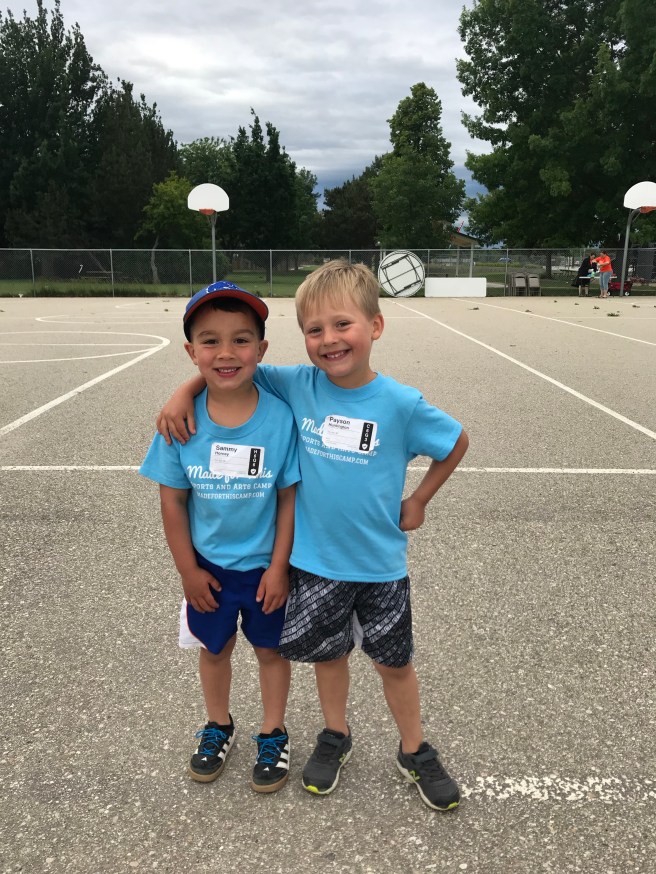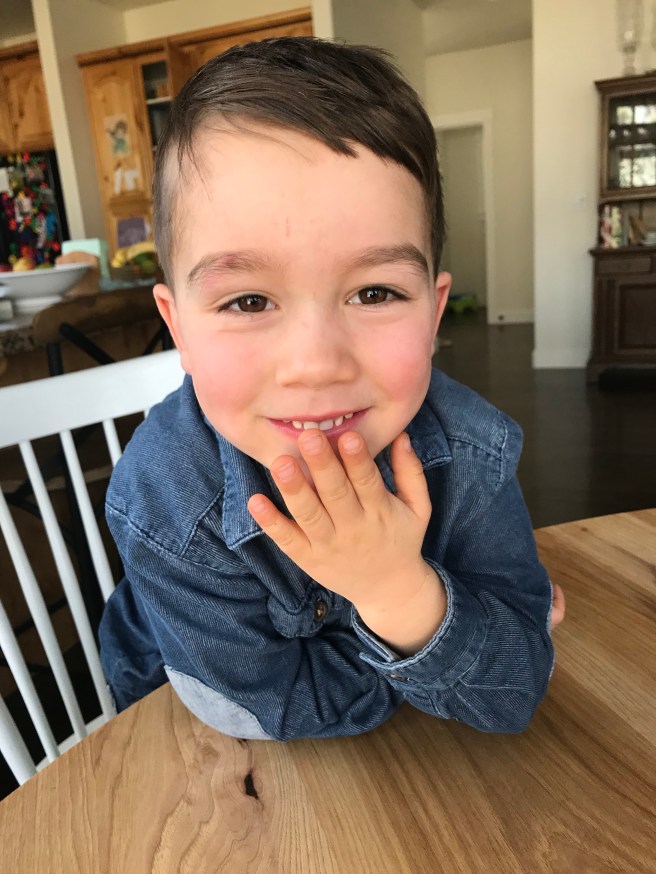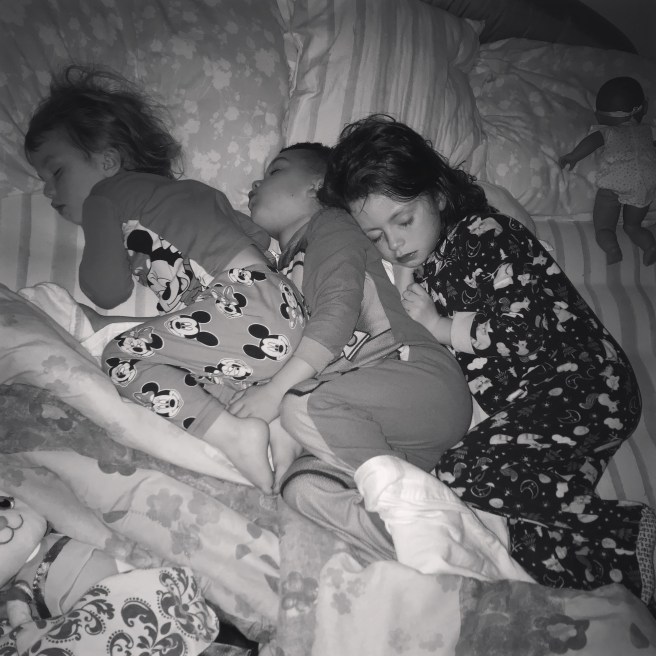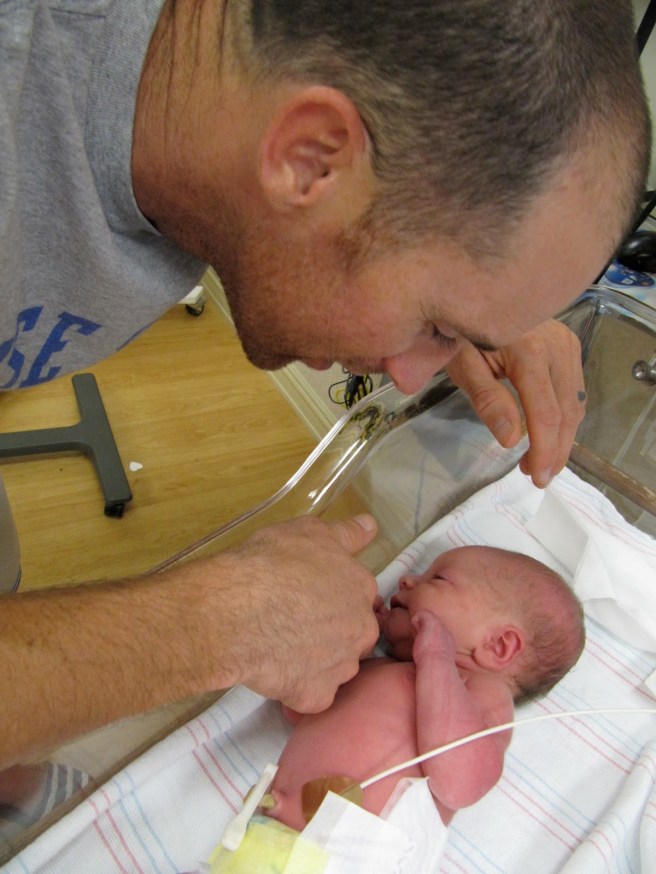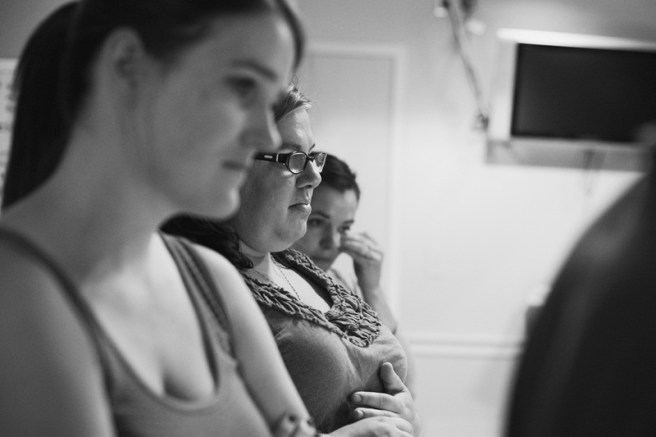There is a horrifying video clip from my first Christmas as a mother, one I hope you never see. I’m at my in-laws house in eastern Washington. The room is a cozy scene lit by twinkly tree lights and candles. The whole family is laying on the floor staring at my baby, our first born and also the first born grandchild. Everyone is talking to her and kissing her with the kind of adoration saved for childless aunts and uncles. And then…
Then.
My 4-month old baby screeches, a voice trick she had learned that December, and on the video I am heard telling the room that we’re trying to curb that by pressing our finger to her mouth when she does it. Because we don’t want it to become a bad habit.
Even as I type this seven years later, I feel my cheeks flush with embarrassment. What was I thinking? She was an infant, folks. A baby learning to interact with the world around her. But the screeching was loud, she was the first baby anyone had brought around at the holidays, and I felt an enormous sense of pressure as I “parented” in front of our family. I was the first mother amongst my husband’s siblings and spouses, and every decision felt monumental, observed, questioned. And by the way, my husband’s family are my dear friends. But I still felt like I was on a reality show called “Horney Parenting” (would watch) with a live audience, score cards, and tense music in the background.
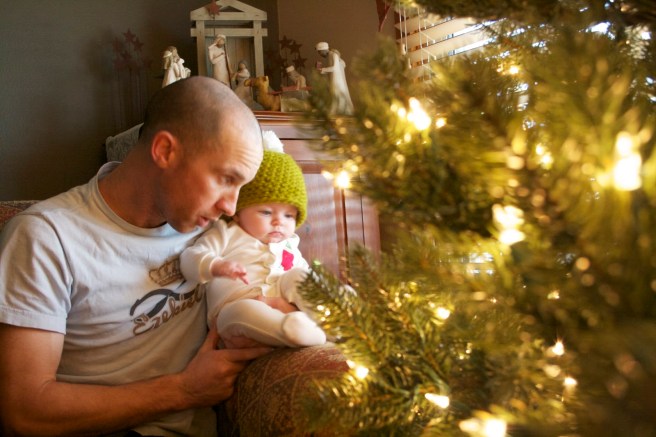
Then there’s my side of the family, where I’m one of seven kids, with 20 grandkids and counting for my parents, which means even more opinions about who’s doing right or wrong with their kids. By now there are also 9 grandchildren on the Horney side (that’s 23 first cousins for my kids, if anyone is counting). Add in the fact that most of our friends are also deep into the raising young children game, and we are now constantly parenting beside other people, constantly in huge groups of kids, and constantly questioning ourselves and comparing how kids are turning out. Whose kids fight too much? Whose kids whine a lot? Which kids get away with everything and which kids make the most trouble? Which kids seem to be great but it must be an accident because their parents actually kind of suck at this? Which parents seem to have it all together and also HOW. Even as we aim for the solidarity of foxhole partners and friends, we so fear any undercurrents of judgement that it’s easy to get swept away in our defense of each decision or mistake, constantly restructuring our “philosophies” in ways that make us seem intentional, wise, effective- even as we question ourselves at every turn.
…constantly restructuring our “philosophies” in ways that make us seem intentional, wise, effective- even as we question ourselves at every turn.
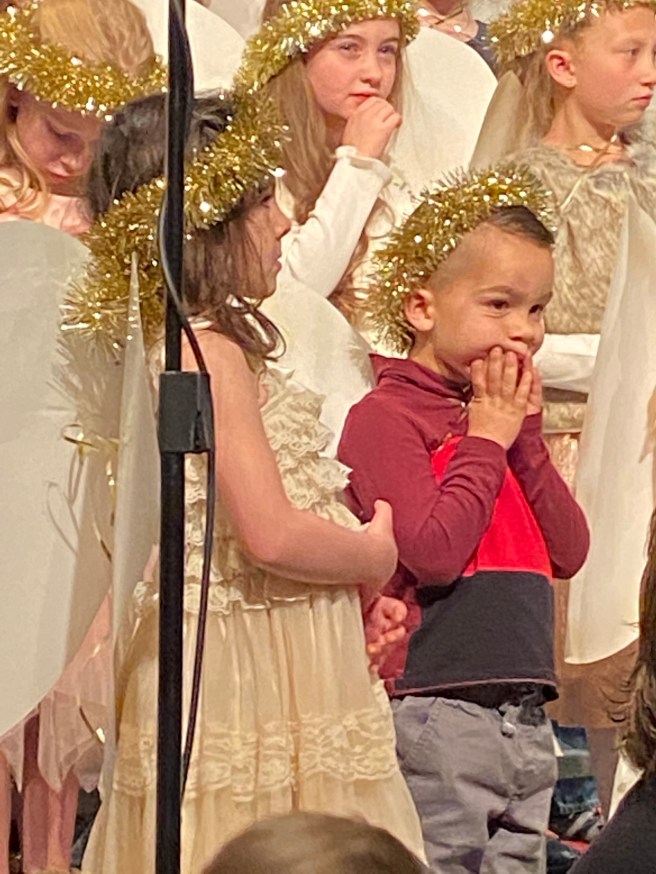
The fishbowl vulnerability of parenting is never more evident than when we’re sharing a home for the holidays or vacation, spending extended amounts of time with small groups of people. There’s no hiding our kids’ behaviors after a few hours together, much less after the honeymoon ends and no one wants to share or play nice anymore. There’s no way I can go a whole weekend without showing irritation, without my kids showing disrespect, without our family unit looking like a pile of garbage people at one point or another.
So as we approach the holidays and prepare ourselves for long weekends stuck inside with all the children and all the expectations, how can we be generous as we parent shoulder to shoulder? How can we be helpful? What can we do for each other, with each other, that benefits our families and our friendships?
My wise friend Heather once told me that in order to maintain mental health as a mother, she holds tight to this truth: Her kids’ success cannot be her trophies, nor their failures her noose.
Think about that- their success cannot be our trophy, nor their failures our noose. This is at once a welcome release and a painful surrender, right?
Because I want to brag about how smart he is, how responsible she is, repeat the jokes they tell, announce the joy they bring. And I either want to downplay their deficiencies or I want to blame them for their own behavior in a way that excuses me from the equation- because I am afraid of being a failure, hung by my own deficiencies in parenting.
But what if I didn’t feel the need to swing either direction? What if the joy of my children was a neutral fact in my life, a truth that I trusted enough to make itself evident without conversational cajoling? What if the complicated souls of my children were allowed to exist without simplified parental diagnosis, without my eye-rolling dismissal of poor behavior or difficult personality traits? What if I remembered that my kids are beautiful, bewildering human beings…and that yours are too?

This season, under twinkly lights, around the dessert plates, during card games or Home Alone marathons or snowy days at the cabin, remember this: Parenting is hard. So be kind to each other. Rock the baby to sleep for your tired sister in law. Take the wild little cousins for a walk. Read some Calvin and Hobbes with the big kids. Be honest about how hard fathering and mothering really is, and be generous with your praise and your time.
These kids are with us for but a moment- a blur of footy pajamas and sticky hot cocoa faces, preteen chatter and stolen moments of teenage connection- and for but a moment do we get to raise them together. Side by side in the crowded, warm living rooms of these precious years of parenting, we are in this together. Merry Christmas, dear friends. You’re doing great- I know it.

